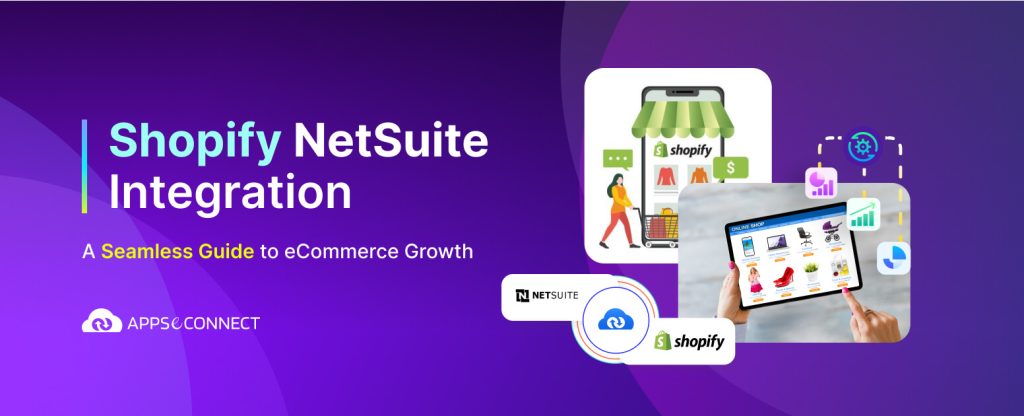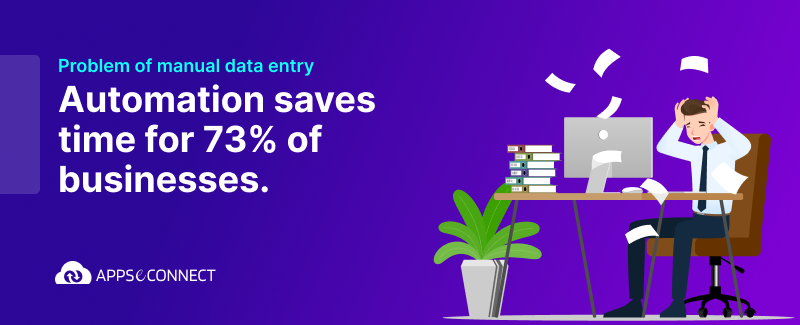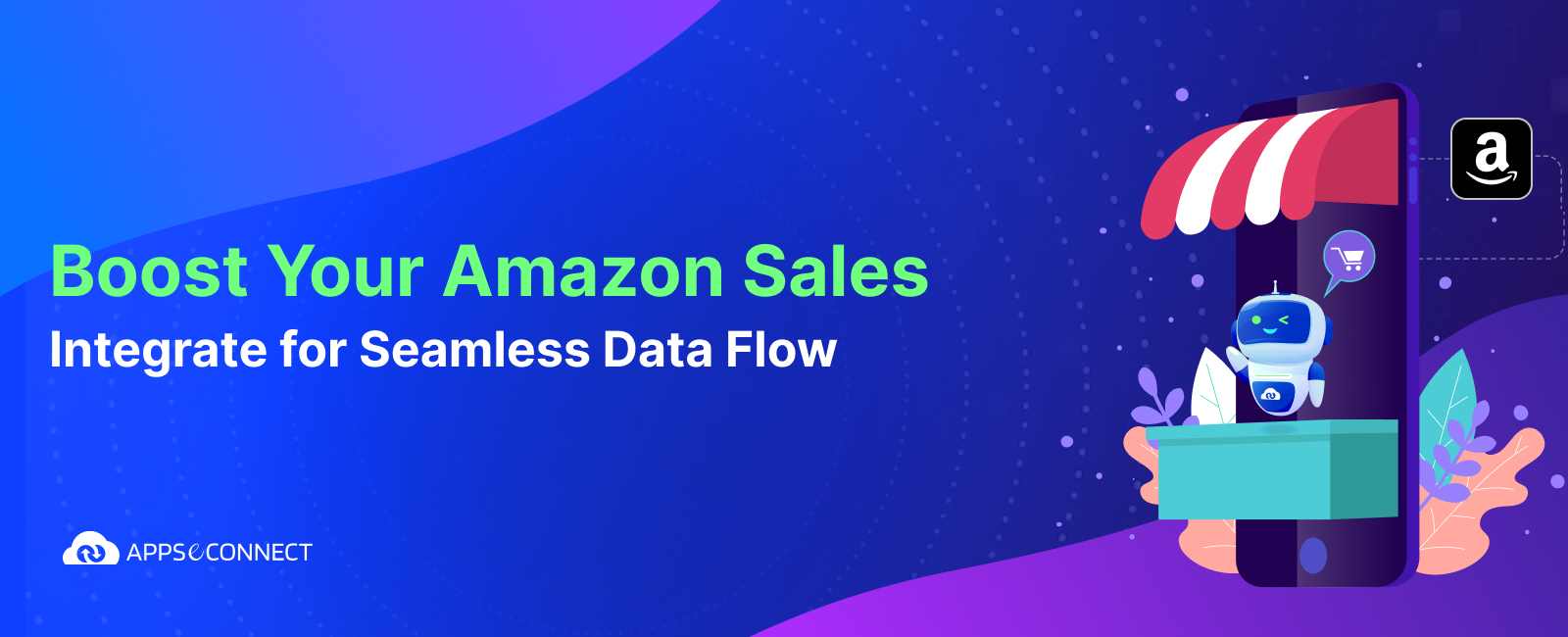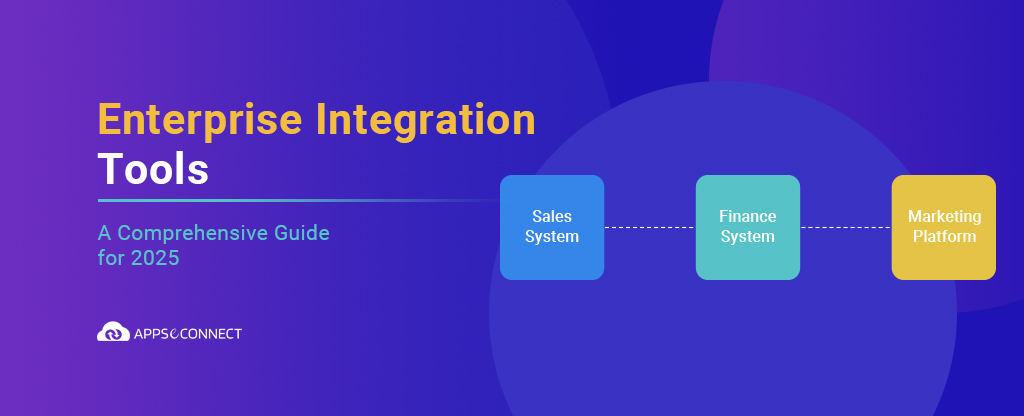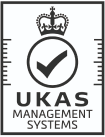In today’s ever-evolving world of eCommerce, seamless integration between different platforms is crucial for business success. One such integration that can offer significant advantages to eCommerce businesses is Shopify NetSuite integration. By combining the robust capabilities of Shopify, a leading e-commerce platform, with the comprehensive enterprise resource planning (ERP) functionality of NetSuite, businesses can streamline operations, enhance efficiency, and drive growth. The integration of Shopify and NetSuite presents a game-changing opportunity, enabling seamless data synchronization, enhanced inventory management, and streamlined order processing. Regardless of whether a business is a small online retailer or a large enterprise, Shopify NetSuite integration offers the potential to revolutionize their operations and drive exponential growth.
If you are using Shopify to run your eCommerce operations and want to seamlessly integrate them with an implemented NetSuite ERP application under a single platform to automate and streamline your business processes, then employ APPSeCONNECT’s pre-configured Shopify and NetSuite connector to automate business processes efficiently and amplify your growth.
Understanding Shopify and NetSuite
Shopify is a widely acclaimed eCommerce platform that empowers businesses of all sizes to set up online stores with ease. The platform offers a wide range of features and tools for building and customizing a storefront, managing product inventory, processing payments, and handling customer orders. As a cloud-based, completely hosted eCommerce solution, businesses gain unparalleled flexibility to scale their operations while catering to enterprises of all sizes, from small independent stores to large enterprises.
On the other hand, NetSuite is a cloud-based ERP and business management solution, used by many enterprises across the industry. The platform combines a suite of applications to enable companies to run their business, understand the performance of their businesses, and drive business growth. The NetSuite ERP application manages all core business functionalities including fiscal management, inventory and supply chain management, customer relationship management (CRM), human resources, professional services automation, and more.
While Shopify and NetSuite offer unique functionalities and cater to distinctly different needs of an enterprise, integrating the two applications can create a unified solution for businesses that require both eCommerce capabilities and comprehensive business management tools.
Benefits of Shopify NetSuite Integration
Shopify and NetSuite are both robust solutions for their respective fields and the Shopify NetSuite integration is a powerful solution that addresses the need for seamless data synchronization and operational efficiency between an eCommerce platform and an ERP system. The integration enables businesses to leverage the eCommerce capabilities of Shopify while benefiting from the extensive management functionalities of NetSuite. With the integration, businesses can streamline critical data management between the two applications for inventory, customer details, invoices, and order fulfillment while gaining the following additional benefits.
Increased Business Transparency
Shopify NetSuite integration enhances business transparency by consolidating and centralizing data from both platforms, providing a comprehensive view of operations. It enables real-time data synchronization, ensuring that orders, inventory levels, customer information, and financial transactions are up-to-date and consistent between the systems. Businesses can manage online and offline operations from a single platform, eliminating manual data entry and ensuring unified data management.
The integration offers visibility into the entire order and fulfillment process, from Shopify to NetSuite, providing insights into order status, shipment tracking, and delivery updates. Accurate inventory tracking and management are achieved through synchronization, allowing businesses to make informed decisions, prevent overselling, and efficiently fulfill customer orders. Financial data, including sales, payments, and expenses, seamlessly transfer between platforms, empowering businesses to generate comprehensive reports and analyze profitability.
Greater Operational Efficiency
Through the implementation of Shopify NetSuite integration, enterprises can achieve greater operational efficiency for their businesses. By seamlessly connecting the two platforms, this integration streamlines processes automates tasks, and enhances data accuracy. Real-time synchronization of critical business data like inventory data prevents overselling and stockouts, enabling businesses to optimize stock levels and fulfill orders promptly.
The integration provides comprehensive reporting and analytics capabilities, consolidating data from both platforms to gain valuable insights into sales performance, inventory levels, and customer behavior. Automated workflows, such as order fulfillment, reduce manual effort, minimize errors, and accelerate processes. The Shopify NetSuite integration empowers businesses with a seamless flow of data and streamlined processes, leading to operational efficiency and the ability to focus on core activities and exceptional customer experiences.
Improved Customer Experience
Shopify NetSuite integration plays a significant role in improving customer efficiency by enabling businesses to deliver better experiences, personalized services, and streamlined interactions. By synchronizing customer data between Shopify and NetSuite, businesses gain a unified view of customer information. This enables customer service representatives to access detailed customer profiles, including order history and preferences. With this information at their fingertips, representatives can provide personalized assistance, resolve inquiries more efficiently, and enhance the overall customer experience.
Additionally, by consolidating data from both Shopify and NetSuite, businesses can gain valuable insights into customer behavior, preferences, and buying patterns. This information can be used to identify trends, optimize marketing strategies, and personalize customer experiences. Data-driven insights enable businesses to make informed decisions, improve customer targeting, and increase efficiency in marketing and sales efforts.
Streamlined Order Management
Shopify NetSuite integration can play a significant role in streamlining the order management process for businesses. The integration ensures that when a customer places an order on Shopify, the relevant order details, such as customer information, items ordered, and shipping details, are automatically synchronized and transferred to NetSuite. This eliminates the need for manual data entry and reduces the risk of errors that can occur during the manual transfer of information.
The integration also enables the automation of order processing. For example, when an order is received, the integration can automatically generate invoices, packing slips, and shipping labels in NetSuite. This automation saves time, reduces manual effort, and minimizes the chances of errors, leading to faster order processing and improved operational efficiency.
Enhanced Growth Scalability
Integrating Shopify with NetSuite can significantly enhance growth scalability for businesses. With the integration, businesses can seamlessly synchronize their Shopify eCommerce data such as product descriptions, orders, inventory, invoices, etc. with NetSuite’s comprehensive suite of enterprise resource planning (ERP) tools. The integration enables seamless real-time data transfer between the two applications ensuring accurate inventory management, order fulfillment, and financial tracking.
By centralizing and automating key processes, businesses can eliminate manual data entry, reduce errors, and enhance overall operational efficiency. Additionally, the integration allows for better visibility into sales performance, customer behavior, and inventory levels, providing valuable insights for informed decision-making. By leveraging the combined capabilities of Shopify and NetSuite, businesses can optimize their operations and scale effectively.
You can explore how businesses can Implement and benefit from Shopify NetSuite integration by checking out the webinar, “Optimize Your Business with Simple Pre-built NetSuite Shopify Integration” below:
Preparing for Shopify NetSuite Integration
Preparing for a Shopify and NetSuite integration requires careful planning and consideration to ensure a smooth and successful implementation. Defining integration goals, assessing system compatibility, choosing the correct integration method, planning data mapping, cleaning, and developing a proper rollout plan is crucial. Thus, preparing for implementing a Shopify and NetSuite integration involves the following key steps to ensure a smooth and successful integration process.
- Define Integration Goals: The first step to getting started with implementing a Shopify NetSuite integration is to clearly identify and define the objectives and expected outcomes of the integration. The business deploying the integration should determine the specific data and processes that will be integrated between the applications. The different data parameters that can be considered when integrating Shopify and NetSuite can include product information, inventory levels, orders, customer data, or financial information.
- Plan Data Mapping Strategies: The next step is to plan how the data from Shopify and NetSuite will be mapped and synchronized between the two applications. The different fields, data formats, and mapping rules need to be identified and any data transformations or mappings required to match the data structures between the two platforms needs to be considered.
- Clean-up Legacy Data: Any outdated or redundant data existing in either of the top applications will carry over even after the two applications are integrated. Therefore, prioritizing data consolidation prior to integration is prudent to ensure that the data is free from duplication, inconsistencies, or outdated information after the integration is implemented.
- Configure Shopify and NetSuite: The Shopify and NetSuite applications need to be properly set up before the integration is implemented. The Shopify store must be configured to ensure that the product catalog, pricing, and customer information are properly organized. For NetSuite, the data parameters such as inventory, and customer settings need to be configured to align with the business processes.
- Select Integration Method: The final step to prepare for the integration is to select the integration method according to the requirements of the businesses. There are several approaches to Shopify NetSuite integration available currently in the market including pre-built Shopify NetSuite integration packages. Businesses need to evaluate the pros and cons of each method and choose the one that aligns with their technical capabilities and budget.
Possible Challenges to Integration
After a plan has been put into place on how to implement the integration, it is essential to identify the possible challenges that can come up during the implementation process. The possible challenges that can come up during the integration process include the following:
- Not having a clear vision of why integration is needed or how to implement it for businesses can lead to overblown budgets. Integrating core business applications without proper planning can cause unforeseen difficulties, errors, and additional costs. Choosing an integration partner that has years of experience in the industry can help businesses navigate through these issues and assists in setting clear goals.
- Poor data management can increase complexities during the integration process and result in flawed connections. Cleaning up data for both applications and adhering to good data management protocols during the integration process can help overcome this challenge.
- Enterprises opting for manual integrations can find it to be a significant challenge that can become a cumbersome affair, requiring technical experts. Developing the integration in-house by utilizing the APIs from Shopify and NetSuite can also be a resource-intensive and time-consuming process. Pre-built integrations can remove the complexities associated with custom integration.
Choosing the Right Integration Method
When it comes to integrating Shopify with NetSuite, there are several integration methods available, including pre-built integrations. Choosing the right integration method depends on various factors such as your business requirements, budget, timeline, technical expertise, and scalability. The different methodologies to consider for implementing an integration include the following:
- Custom Integration: This approach involves developing a custom integration solution tailored to the enterprise’s specific requirements. Custom integrations offer more flexibility and can accommodate unique business processes and scenarios. However, they require more development time, resources, and expertise. Custom integrations are recommended when you have highly specific needs or complex workflows that pre-built integrations cannot fulfill.
- Pre-built integrations: These are ready-made integration solutions specifically designed to connect Shopify and NetSuite. They offer out-of-the-box functionality, predefined mappings, and standardized workflows. Pre-built integrations typically require less development effort, offer quicker deployment, and may be cost-effective compared to custom integrations.
You can learn about the differences between custom and pre-built integrations by checking out, “Custom vs. Pre-built Integration – What’s Right for Your Business.”
Advantage of utilizing APPSeCONNECT for Shopify NetSuite Integration
When it comes to integrating Shopify and NetSuite, leveraging APPSeCONNECT offers numerous advantages for businesses. APPSeCONNECT is a robust integration platform that facilitates seamless data synchronization and optimized workflows between these two platforms. With its pre-built connectors, customization options, scalability, and dedicated support, APPSeCONNECT provides a comprehensive and cost-effective solution for Shopify NetSuite integration. From real-time data updates to automated workflows and reliable performance, businesses can streamline their operations, enhance connectivity, and drive efficiency by harnessing the power of APPSeCONNECT.
Conclusion
Achieving seamless eCommerce operations between Shopify and NetSuite is vital for businesses looking to streamline their workflows and enhance customer experiences. The integration of these two powerful platforms can significantly optimize processes such as inventory management, order fulfillment, and customer data synchronization. By following the comprehensive guide we’ve provided, including understanding the benefits, assessing integration methods, and exploring solutions like APPSeCONNECT, businesses can embark on a successful journey toward seamless Shopify NetSuite integration. Remember, a well-integrated eCommerce ecosystem not only improves efficiency but also opens doors to new opportunities for growth, scalability, and customer satisfaction.
If you are using Shopify to run your eCommerce operations and want to seamlessly integrate them with an implemented NetSuite ERP application under a single platform to automate and streamline your business processes, then employ APPSeCONNECT’s pre-configured Shopify and NetSuite connector to automate business processes efficiently and amplify your growth.


